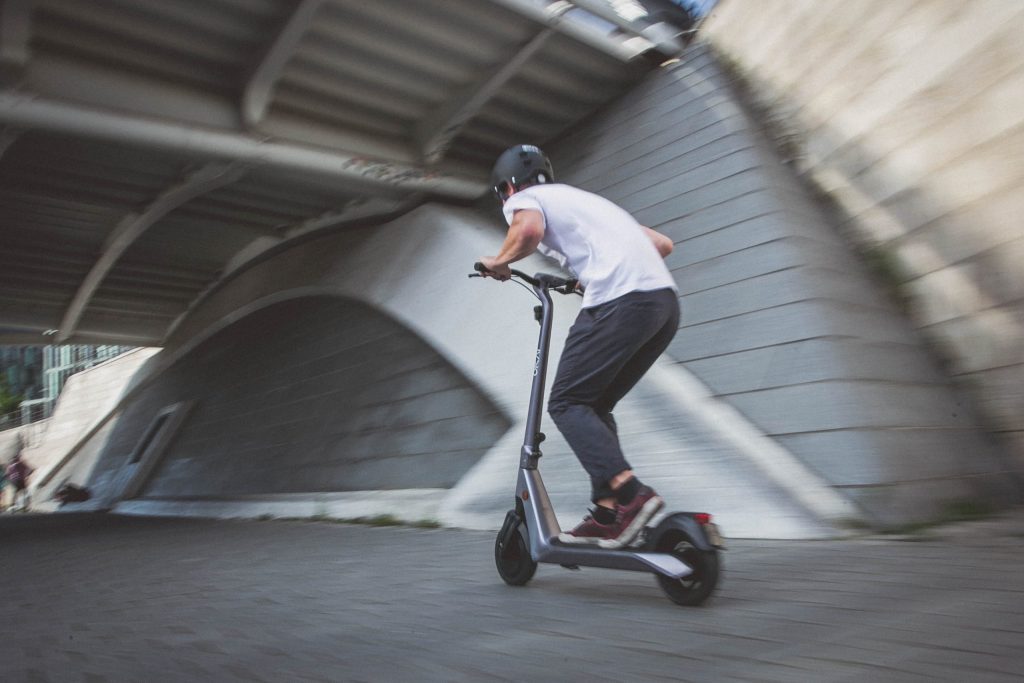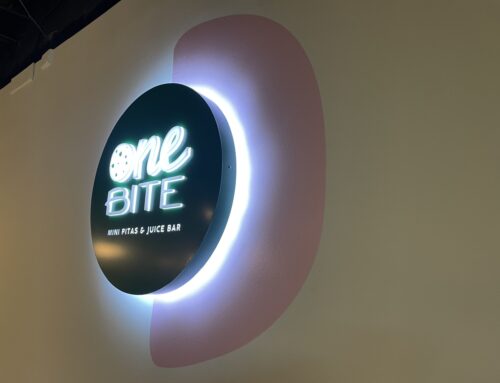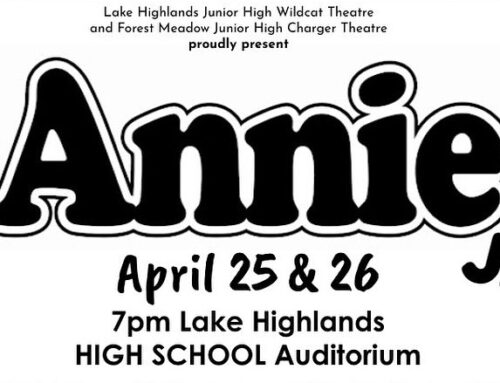In September 2020, Dallas City Council handed down a death sentence for our city’s dockless vehicle program — a proliferation of electric scooters from companies including Bird, Uber and Lime — following two years of clutter, traffic conflicts, crashes and general chaos.
But a second chance is on the horizon.
Some City officials say we should proceed with caution, while others say we need to speed up the timeline for their return.
Dallas’ Transportation and Infrastructure Committee heard a presentation from the Micromobility Working Group, whose goal is to “relaunch the dockless vehicle program in a way that is safe, equitable, orderly and promotes broader city goals.”
Judging by the response, we can definitely expect to see scooters again in the near to mid future, within the parameters of myriad new regulations.
The committee presented 17 key issues (for example, parking rules and enforcement, age restrictions, dangerous driver behaviors, response times to 311 complaints, equitable access) and outlined how they plan to address them.
Members have sought input from scooter companies and studied other cities, including Austin and Denver, that have successful dockless vehicle programs.
Council members on the committee responded mostly favorably, thanking committee members for their extensive research and work.
Some, including Adam Bazaldua, D7, expressed disappointment related to the timeline, citing an urgent need for more modes of transportation, especially as DART implements major changes.
“We have missed a huge opportunity to be collaborative with our transportation entity and their bus routes rollout,” he says. “Why is it that we don’t have some type of intermittent phase that’s going to allow for some type of temporary usage so that we can start promoting and increasing this multimodal option?”
The Transportation Department representative Gus Khankarli said certain issues still need to be resolved before anything happens, including getting the input of Dallas Police Department and the Dallas Fire Rescue, “because it will be their commitment and resources that will have to go into enforcement and servicing accidents … obviously if there is opportunity to accelerate it safely, we will definitely do so.”
Others including Omar Navarez, D6 and committee chair, warn we need to receive community input from this stage on, start small and consider safety and newer technology that could help with regulation and enforcement.
“The scooter conversation and discussions are dominated currently by advocates who may not live in affected areas … so we need to make sure that we have neighborhood organization stakeholders, property owners, so we can understand all the differences across the city,” Navarez says. “This is one of those things that I think that it’s not a one size fits all for the entire city.”
As is, the timeline calls for feedback from the City Council, public hearing (June) and request for proposals in August.
The full discussion starts at about 35 minutes in.






